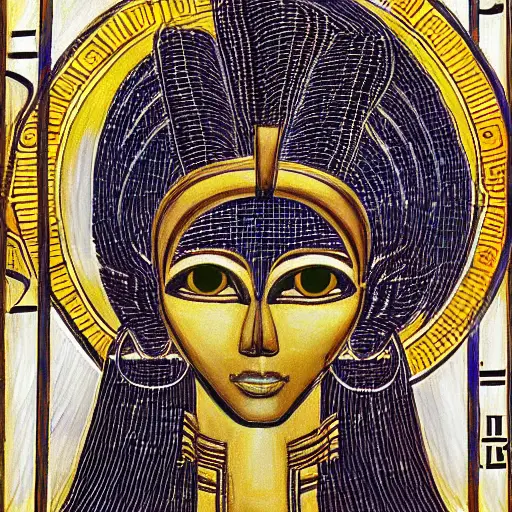
ancient Egyptian mythology & History
Unlock the secrets of ancient Kemet with our comprehensive website dedicated to Kemetology; Ancient Egyptian Mythology. Explore the history, beliefs, and culture of the powerful civilization of Kemet (ancient Egypt) through expertly crafted articles and multimedia content. Discover the gods and goddesses of Kemet, delve into the mysteries of the pharaohs, and learn about the advanced technological and architectural innovations of this remarkable civilization. Immerse yourself in the rich legacy of Kemet and gain a deeper understanding of its profound impact on history and culture.
Ancient Egypt: Kemetology
In this article, we’ll debunk 15 common myths surrounding the daily life of the ancient Egyptians, from farming and food to games and foreign relations. 1. Myth: The Nile River Was a Constant
Ancient Egypt did have some form of healthcare, but it was not universally accessible to everyone. Healthcare in ancient Egypt was primarily available to the elite and those who could afford it.
The myths of ancient Egypt have long captivated our imaginations, but what if we told you that some of these legends aren’t exactly what they seem? In this thought-provoking article, we’ll
The “Papyrus of Ani,” often referred to as the “Book of the Dead,” is a remarkable example of ancient Egyptian literature that provides profound insights into the spiritual
Ancient Egyptian literature is a treasure trove of cultural richness and historical significance. It provides us with profound insights into the minds and hearts of the people who lived along the
Sekhmet: The Lioness Goddess of War and Healing The Fearsome Lioness: Sekhmet, an ancient Egyptian goddess, stands out with her distinctive portrayal as a lioness-headed woman, symbolizing her
Thoth: The Ibis God of Wisdom and Writing Thoth, the ancient Egyptian deity often depicted with the head of an ibis or as a man with the head of a baboon, held a unique position in the Egyptian
The Goddess of Love and Motherhood: Hathor, often depicted as a cow goddess or as a woman with cow’s horns, was primarily associated with love, beauty, music, and motherhood in ancient Egyptian
Ancient Egypt produced a rich body of literature that includes a variety of texts, such as hymns, prayers, wisdom literature, love poems, stories, and religious writings. The examples provided in the